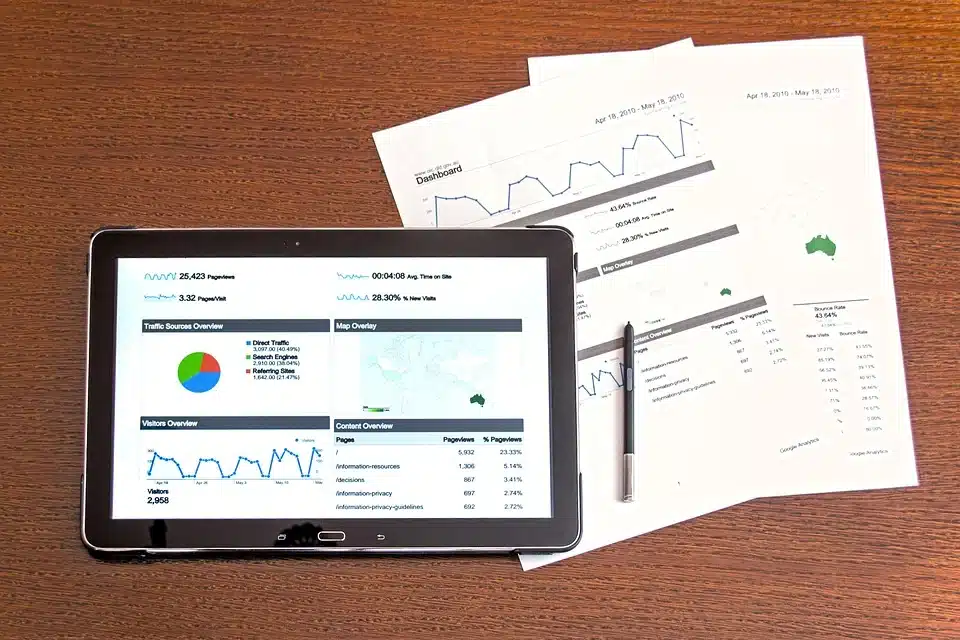Listen to this blog
Business analysts are crucial in today’s fast-paced, ever-changing corporate world. Business analysts play an important role in identifying business requirements, analyzing data, and developing data-driven solutions to assist organizations in making informed decisions. However, business analysts must pose the right questions to the right audience at the right time to be effective.
A business analyst must comprehend the organization’s objectives, aims, and priorities. This requires collecting requirements, researching, and analyzing data to identify business issues and opportunities. Business analysts must also possess outstanding communication and problem-solving skills and in-depth knowledge of the organization’s processes, systems, and technology.
Let’s review the essential concerns every business analyst must pose to fulfill their role effectively.
Importance of asking key questions
Answering relevant questions is crucial for multiple reasons.
- It facilitates the clarification of business needs and objectives. Business analysts must thoroughly understand the organization’s objectives and priorities to develop effective solutions.
- Asking crucial questions can help in identifying potential challenges and difficulties. Business analysts can identify any voids or inconsistencies in the requirements by asking perceptive questions, preventing costly errors or delays in the future.
- Asking queries can aid in the creation of superior solutions. Business analysts can develop innovative and effective solutions that meet the organization’s requirements and objectives by posing questions that challenge assumptions and explore alternative perspectives.
- Asking pertinent inquiries can aid in fostering relationships and trust. Business analysts can establish rapport with stakeholders and earn their trust by demonstrating a genuine interest in the organization’s business objectives and requirements. This can help cultivate a productive and collaborative working relationship essential for success.
Let’s take a look at the key responsibilities of a business analyst.
Key questions that every business analyst must ask to be successful
Business analysts can obtain a deeper understanding of their job responsibilities, contribute more effectively to the organization’s objectives, and position themselves for career advancement and success by asking these key questions.
- How do my responsibilities support the company’s goals?
- How can I enhance the key performance indicators (KPIs) that are used to evaluate the effectiveness of my work?
- What obstacles might I face in carrying out my job responsibilities, and how can I surmount them?
- What resources are available to help me grow as a business analyst?
- How can I engage with stakeholders to meet their requirements and build solid relationships?
- How can I utilize technology and data to enhance the efficacy of my job responsibilities and generate improved business outcomes?
Questions for understanding business objectives
- What are the organization’s fundamental values and beliefs, and how do they influence its business strategy?
- How does the company measure success, and what are its primary growth and profitability drivers?
- Which resources can I use to help solve the company’s problems?
- How do the company’s long-term strategic objectives affect my job?
- How can I stay on top of the industry and competitive trends and help the company reach its goals?
Questions for gathering requirements
- What business requirements and objectives must the solution address?
- What business processes and systems must the solution integrate, and what are the current limitations?
- What user requirements, such as roles, tasks, and preferences, must be met?
- What data requirements must be met, including data sources, formats, and structures?
- What are the project’s limitations, including time, money, and resources?
- How can I manage requirements and modifications throughout the project lifecycle?
Questions for analyzing data and processes
- What are the most important business processes, and how do they operate together to accomplish the organization’s goals?
- What information is produced and utilized by these processes, and how is it collected, stored, and analyzed?
- How can these processes’ efficacy metrics be measured and enhanced?
- How can these procedures’ pain points and barriers be eliminated?
- How can hazards associated with these processes be mitigated?
- What are these processes’ interdependencies, and how can they be managed?
- How can technology be utilized to automate and expedite these processes, and what are the advantages and disadvantages?
- How can tools and techniques for data analysis be utilized to recognize patterns, trends, and insights that can inform decision-making?
- How can process mapping and visualization techniques communicate complex processes and identify improvement opportunities?
Questions for communicating and collaborating
- Who are the project’s stakeholders, and what are their requirements and expectations?
- What is the most effective communication method with each stakeholder based on their preferences and priorities?
- What analytical skills are required to understand stakeholders’ requirements and provide the best solutions to meet their needs?
- How can I establish rapport and trust with the stakeholders and manage potential conflicts or disagreements?
- How can I align everyone and collaborate with cross-functional teams?
- How can I ensure that KPIs are effectively communicated to stakeholders?
- How can I provide stakeholders with ongoing support and feedback throughout the project lifecycle and meet their requirements?
Questions for measuring success
- How can I ensure that the Indicators are aligned with the organization’s business objectives and provide meaningful insights into the solution’s impact?
- How can the data sources and analytical tools for measuring the metrics be incorporated into the solution?
- How can I use KPIs to inform decision-making and prioritize future enhancements?
- How can I monitor and report on the solution’s progress throughout its lifecycle and identify and mitigate any issues or hazards that may affect its success?
Conclusion
Business analysts must ask the appropriate questions to be successful in their positions. By asking critical questions regarding business objectives, requirements, data analysis, communication and collaboration, and success measurement, business analysts can develop solutions that promote professional development, enhance business outcomes, and meet the needs and expectations of stakeholders.
Enroll in an online Master of Science in Business Analytics program at Manipal Academy of Higher Education (MAHE) to advance your career growth and job responsibilities in this industry. MAHE provides students with a comprehensive and industry-relevant curriculum that equips them with the knowledge and skills necessary for success as business analysts. To advance your career as a business analyst, you should immediately research MAHE’s M.Sc. in Business Analytics program.
Key takeaways:
- This article focuses on the questions that business analysts must pose to flourish in their positions.
- From understanding business objectives and accumulating requirements to analyzing data and collaborating effectively, the article offers crucial insights into the analytical skills and job responsibilities required for success.
Become future-ready with our online M.Sc. in Business Analytics program








